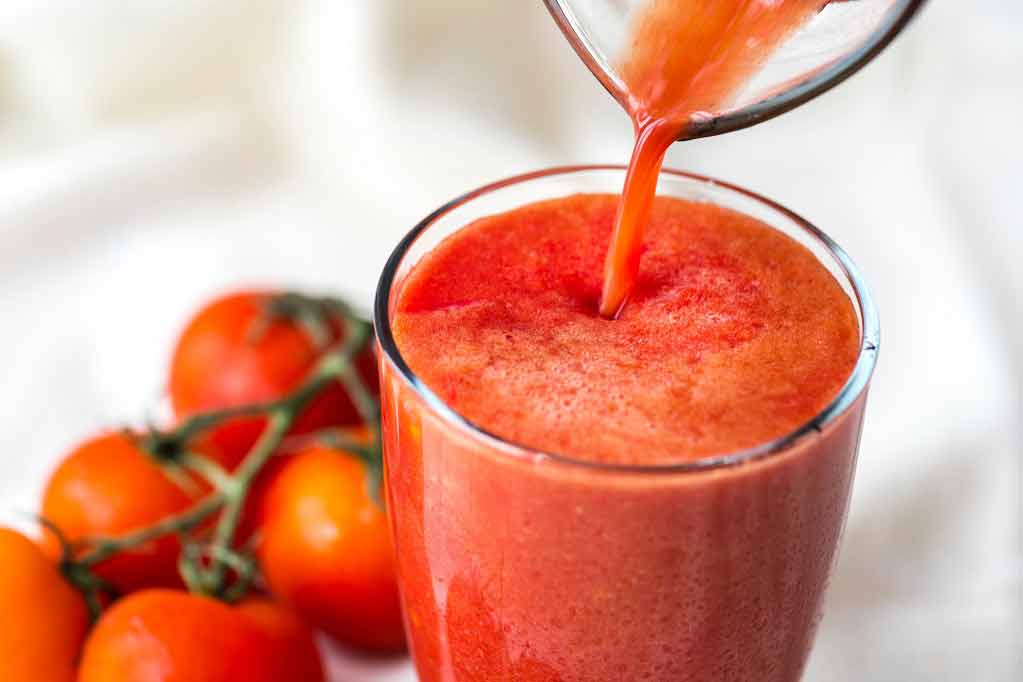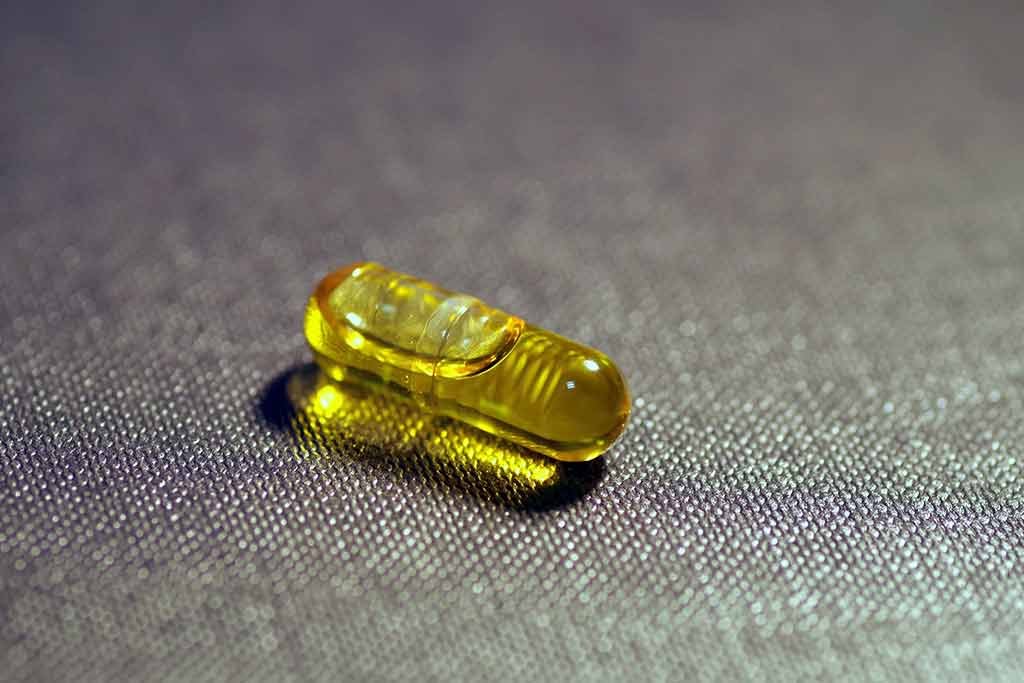Alcohol studied for its effect on sleep
Food and diet
The Daily Express reported today that “a nap can be spoiled by a nightcap” and that “a wee dram before bedtime…causes insomnia and robs a night’s rest of its restorative powers”. This news story is based on...
The Daily Express reported today that “a nap can be spoiled by a nightcap” and that “a wee dram before bedtime…causes insomnia and robs a night’s rest of its restorative powers”.
This research evaluated the impact of drinking before going to bed on heart rate and sleep. The study involved 10 university students, who were given low levels, high levels or no alcohol to drink before bed. Drinking higher doses of alcohol was found to reduce the amount of REM sleep, and resulted in a shallower sleep during the latter half of the night. It also appeared to adversely affect the part of the brain that usually controls the body during sleep. From this, the researchers concluded that the alcohol had disturbed the restorative effects of sleep.
This was a small study, and it has several limitations, which mean that its results are not conclusive. Further research involving more subjects and using a different study design is needed.
Alcohol is already known to cause poorer quality sleep. Further study would be useful to establish the extent of this effect, and how much alcohol would be needed to cause an effect (such as whether a ‘nightcap’ is enough as reported here). Read the Live Well section on Insomnia for useful tips for a good night’s sleep.
Where did the story come from?
The study was carried out by researchers from the Akita University School of Medicine, the Saiseikai Nagasaki Hospital, and the Akita Kaiseikai Hospital in Japan. Information on funding was not provided.
The study was published in the peer-reviewed journal Alcoholism: Clinical and Experimental Research .
The newspapers accurately covered this research, with the Express and the Daily Mail accurately reporting that the researchers found a dose-dependent relationship, in which the negative effects were mainly seen in those who drank a high dose of alcohol.
What kind of research was this?
This was a human experimental study, which examined the effects of alcohol on the relationship between sleep and heart rate. To do this, the researchers used a technique that assessed “heart rate variability”, which evaluates fluctuations in the timing of heartbeats.
The researchers chose to examine heart rate variability because previous research has shown that it provides an indirect measure of autonomic nervous system activity. Nervous system activity can be difficult to measure directly, but it influences many human functions, including heart rate. The researchers thus used observable changes in heart rate to draw conclusions about the activity of the autonomous nervous system. This system, among other things, controls the “automatic” functions of our organs, including heart rate, breathing and digestion. It is comprised of:
- the sympathetic nervous system, which controls our stress, or fight-or-flight response
- the parasympathetic nervous system, which controls our body’s functioning while at rest
During normal, healthy sleep, the parasympathetic nervous system’s activity increases, while the sympathetic nervous system’s activity decreases. By measuring heart rate variability (which is controlled by the autonomic nervous system), it should show the relative activity of these two systems.
The researchers say that alcohol decreases parasympathetic nervous system activity and increases sympathetic nervous system activity while we’re awake. The study examined whether this was also true during sleep, and what impact any change in autonomic nervous system activity levels had on the quality of sleep.
What did the research involve?
The researchers recruited 10 male university students to take part in the study, and tested the effects of drinking alcohol on their heart rate variability and sleep quality. The volunteers were not allowed to drink alcohol for the two weeks before the study, and were instructed to get seven to nine hours of sleep per night on a regular schedule during those two weeks.
During the experiment, the researchers gave the students one of three doses of alcohol: a control dose (0 grams), a low dose (0.5 gram per kg of body weight) or a high dose (1 gram per kg of body weight). Each participant repeated the experiment with each of the doses. A device that measures heart rate called an electrocardiogram (ECG) was attached to each individual on the day of the experiment for the 12 hours before consuming alcohol and while they were asleep. The subjects were given dinner three hours and 40 minutes before going to bed, and were instructed to consume the alcohol one hour and 40 minutes before going to bed. The researchers took blood samples 30 minutes before the students went to sleep, and then again 20 minutes after they woke up to measure blood alcohol content. Each participant completed the sleep study on three separate occasions, each three weeks apart, and consumed a different dose during each experiment.
Heart rate variability was used as a measure of autonomic nervous system activity while the individuals were asleep. In addition to the ECG, measurements were taken for muscle activity, breathing, body position and snoring, to determine the depth and quality of sleep.
The collected data was analysed to determine the level of activity of both the sympathetic (fight-or-flight) and parasympathetic (rest) nervous systems, and whether or not drinking alcohol affected these activity levels. The parasympathetic nervous system is usually dominant when we are asleep. The researchers evaluated the effect of the alcohol during the three hours before and after drinking the alcohol, the first three hours of sleep, and the last three hours of sleep.
What were the basic results?
The researchers found that the high dose of alcohol increased the amount of time taken for the volunteers to reach the REM sleep stage. The REM stage tends to be shallow sleep, and is the time during which we dream.
After drinking the high dose of alcohol, sleep patterns were altered during the first part of the night. When the students drank the high dose of alcohol they:
- experienced less REM sleep than after the low dose of alcohol
- moved less than after the low dose of alcohol
- woke up less than after no alcohol
- had a significantly higher heart rate than after no alcohol.
After drinking the high dose of alcohol, sleep patterns were altered during the second part of the night as well. When the students drank the high dose of alcohol they:
- experienced less REM sleep than after the low dose of alcohol
- spent more time in Stage 1 sleep (the beginning of the sleep cycle, a light sleep) than after no alcohol
- woke up more often than after no alcohol
- had a significantly higher heart rate than after no alcohol or the low dose alcohol.
Overall, when volunteers drank the high dose of alcohol they experienced a decrease in REM sleep throughout the night, and shallower sleep during the last half of the night.
In terms of autonomic nervous system functioning, when volunteers drank the high dose of alcohol they showed:
- less parasympathetic nervous system (rest) activity compared to those who drank no alcohol
- less sympathetic nervous system (fight or flight) activity compared to those who drank no alcohol
- more sympathetic and parasympathetic nervous system activity in the second half of the night compared to the first half.
When the volunteers drank the low dose of alcohol they also exhibited less parasympathetic nervous system activity compared to those who drank no alcohol.
How did the researchers interpret the results?
The researchers concluded that when alcohol is consumed before going to bed, the activity of the parasympathetic nervous system is reduced during sleep, allowing the sympathetic nervous system to be dominant. Alcohol also increases the level of wakefulness during the last half of the night when consumed in high doses.
They also say that their results show that drinking higher levels of alcohol interferes with the relationship between sleep and the autonomic nervous system.
Finally, they say that the results suggest that alcohol disturbs the restorative effects of sleep, preventing the heart rate from decreasing and the parasympathetic nervous system from becoming dominant.
Conclusion
This was a small sleep study, which examined the impact of drinking alcohol on the quality and depth of sleep. The fact that this study was in only 10 people is an important limitation, as it increases the possibility that these results are due to chance alone.
The study has other weaknesses. The researchers say that it may be difficult to determine whether the poor sleep observed was due to the alcohol or due to trying to sleep while attached to multiple electrodes and monitors. It is likely that the volunteers would have found the first night under these conditions the most difficult to sleep in. Because all participants received the same amount of alcohol on the first night, this could mean that the results for this first night are not reliable. A better design would have been to randomly assign participants to different orders of receiving the drinks, so that this “first night effect” would affect all the different drink levels equally.
Heart rate variability is also an indirect measure of nervous system activity. Therefore attributing changes in this measure to changes in nervous system functioning should be done cautiously. The researchers say that alcohol has been shown to impact the activity of the heart. When using an indirect measure such as heart rate variability, it is difficult to say whether the changes seen indicate changes to the functioning of the autonomic nervous system or changes to the activity of the heart itself.
Also importantly, the study did not ask the participants how restful they found their sleep, so we cannot determine whether they felt the effect of any of the changes seen.
Overall, further research involving more subjects and using a better study design is needed. It is already known that alcohol affects sleep, and can lead to poorer quality sleep. Further study to establish the extent of the effect that alcohol has on sleep, and how much alcohol is needed (such as a ‘nightcap’) to cause an effect would be useful.






 Subscribe
Subscribe Ask the doctor
Ask the doctor Rate this article
Rate this article Find products
Find products







